
The LucenceINSIGHT Multi-Cancer Early Screening Test is a comprehensive early cancer detection tool that screens for signs of up to 50 different cancers using a simple blood test. It works by detecting circulating tumour DNA (ctDNA) and cancer-related viruses in the bloodstream.
It covers a broad spectrum of cancer, including commonly occurring cancers such as breast cancer, and colon cancer, as well as rarer forms of cancer like acute myeloid leukemia, and eye cancer. This multi-faceted screening test enables sensitive and early identification of cancer with just one sample, often before symptoms arise, greatly enhancing the chances of effective treatment and, in turn, favourable outcomes.
Utilising liquid biopsy technology, LucenceINSIGHT provides a comprehensive overview of your cancer risk, offering an unparalleled advantage in proactive healthcare. Whether you are at risk due to family history, or simply want to take a precautionary approach to your health, this test empowers you with the knowledge to act early, and decisively.
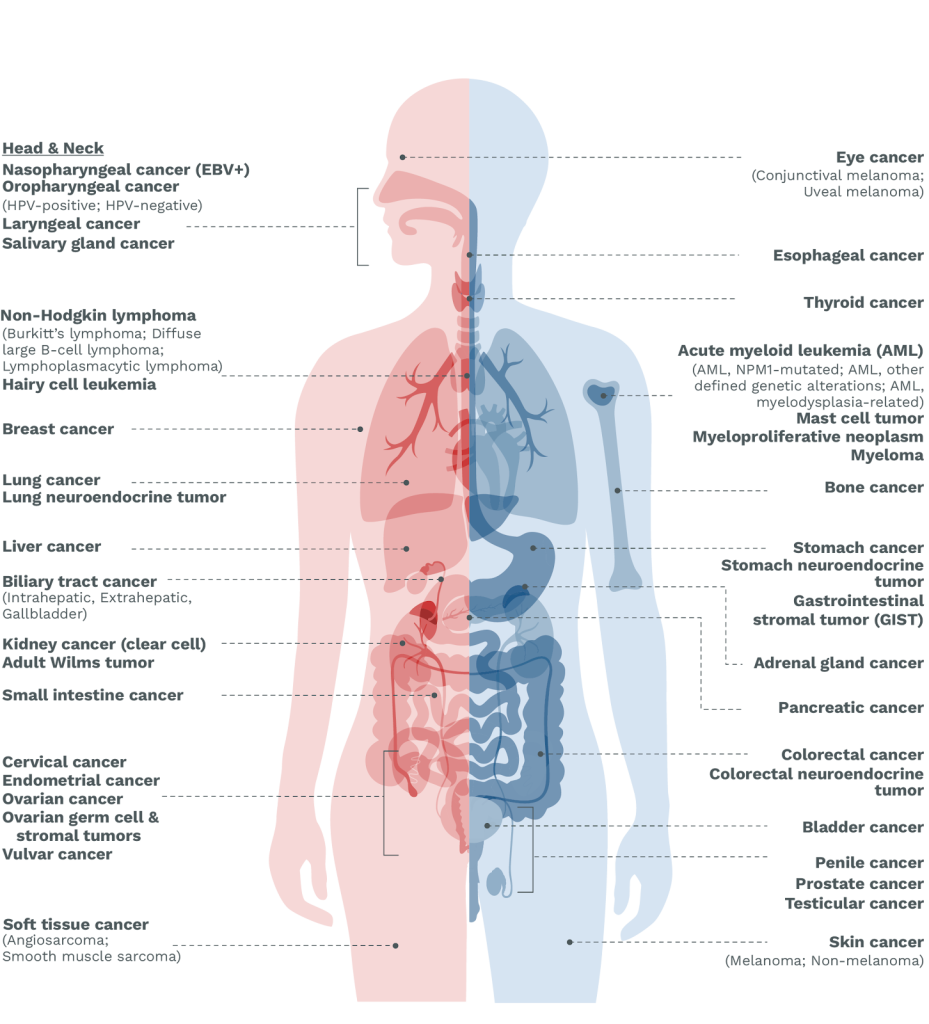
LucenceINSIGHT leverages the innovative technology of liquid biopsy, thereby eliminating the need for invasive biopsies while providing highly accurate, where early detection leads to optimal outcomes.
Unlike typical blood tumour marker tests, the LucenceINSIGHT test works by detecting genetic alternations, not just byproducts of tumour activity. This means it is a genetic-based test and not a protein-based test, increasing sensitivity and specificity (a low rate of false positives).
Generally, this is what you can expect from a LucenceINSIGHT Multi-Cancer Early Screening test:
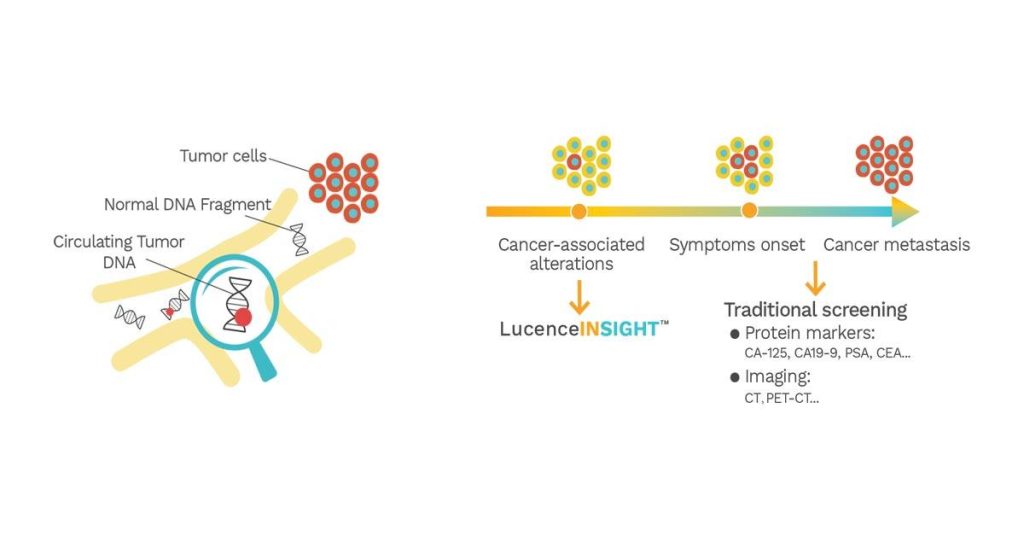
Blood Sample Collection | A small blood sample is taken from your arm in a quick, and painless procedure. |
Genomic Analysis | The sample is then analysed for circulating tumour DNA (ctDNA), which are fragments of genetic material released into the bloodstream by cancer cells. |
Detection of Biomarkers | The test identifies specific genetic mutations, alterations, or biomarkers associated with various cancers. |
Comprehensive Reporting | Advanced AI algorithms, and genomic expertise provide a detailed report highlighting potential risks, or the presence of cancer. |
Cancer remains a significant health concern in Singapore, accounting for one in four deaths annually, making it the leading cause of mortality in the country. According to the Singapore Cancer Registry:
Despite advancements in treatment, the impact of cancer is profound. As such, early detection remains a critical factor in improving survival rates and reducing the likelihood of late-stage diagnoses. Tools like LucenceINSIGHT play a vital role in addressing this public health challenge, offering hope for earlier intervention, and improved outcomes.
Undoubtedly, LucenceINSIGHT offers numerous advantages, such as:
Advancements in medical technology have helped enhance cancer detection significantly. While both tests are effective and aimed at identifying cancer, their technology, scope, and applications differ:
| Feature | Multi-cancer Early Detection Tests | Standard Tumour Marker Tests |
| Scope | Screens for up to 50 different cancers, including common, and rare types. | Typically targets a specific cancer, or a small group of cancers. |
| Method | Comprehensive liquid biopsy using ctDNA in blood. | Measures specific protein, or markers in the blood, or other fluids. |
| Sample Collection | Blood draw. | Blood draw or other bodily fluids, depending on the marker tested. |
| Early Detection | Detects cancer at early stages, often before symptoms develop. | More effective for advanced-stage cancers with high marker levels. |
| Symptoms Requirement | It can be used proactively without symptoms. | Often performed after symptoms appear, or for monitoring known risks. |
| Frequency | Can be done periodically for preventive health screening. | Often used for diagnosis, monitoring, or recurrence checks. |
| Accuracy | 80.9% via using genomic insights. | Variable accuracy as it may produce false positives, or negatives. |
| Results | 12 to 18 days.Patients will receive detailed reports on cancer risks, and type with actionable next steps. | 1 to 7 working days.Patients will receive reports indicating marker levels with potential possibility of cancer. |
| Suitability | Ideal for individuals seeking comprehensive, early cancer screening. | Suitable for those with symptoms, or under cancer treatment. |
Although LucenceINSIGHT is typically an additional test performed on top of existing screen tools, it is highly recommended for patients with risk factors that increase their possibility of developing cancer. This includes:
The results obtained from LucenceINSIGHT fall into two categories, which are positive, or negative.
A positive result indicates the presence of cancer biomarkers in your blood. The report will also provide insights into possible localisation areas, helping to identify where the abnormalities may have originated. This information serves as a preliminary step, and our doctor will recommend further diagnostic tests, such as imaging or biopsies, to confirm the diagnosis and determine the most suitable course of action.
On the other hand, a negative result signifies that no detectable cancer biomarkers were found. However, this does not entirely rule out the possibility of cancer. It is important to note that while the test screens for up to 50 types of cancer, it does not encompass all possible types. As a preventive measure, our doctor may recommend regular screenings to ensure ongoing monitoring of your health and early detection of any future risks.

When it comes to the frequency of cancer screening, this will depend on our doctors discretion. This is because our doctors will consider a multitude of factors prior to recommending the optimal frequency of sessions. This includes healthy, and family history, lifestyle, environmental, and prior cancer screening test results.
If you are interested in learning more about the LucenseINSIGHT Multi-Cancer Early Detection test or our health screening services, schedule a consultation with our doctors today.
Are there any risks associated with LucenceINSIGHT multi-cancer early detection?
LucenceINSIGHT is a non-invasive blood test, so the risks are minimal. You may experience slight discomfort or bruising at the site of blood draw, but there are no significant or long-term risks associated with this procedure.
How should I prepare for LucenceINSIGHT multi-cancer early detection?
No special preparation is required for LucenceINSIGHT. You can eat, and drink as usual prior to the test. However, it is helpful to inform our doctor about your medical history, including any family history of cancer or recent health changes, to ensure a thorough assessment.
Why is early cancer screening important?
Early cancer screening significantly increases the chances of detecting cancer in its early stages, often before symptoms appear. Early detection allows for more treatment options and better outcomes, potentially saving lives by reducing the risk of advanced-stage cancer.
Can LucenceINSIGHT replace regular cancer screenings like mammograms or colonoscopies?
No, LucenceINSIGHT complements traditional screening methods but does not replace them. Regular screenings like mammograms, colonoscopies, or pap smears remain essential for cancers with specific diagnostic tests. LucenceINSIGHT provides broader coverage, and can detect cancers that lack standard screening protocols.
Is LucenceINSIGHT covered by insurance?
Insurance coverage varies based on your provider, and policy. It is best to check with your insurer to see if LucenceINSIGHT Multi-Cancer Early Detection is included under preventive health screenings.


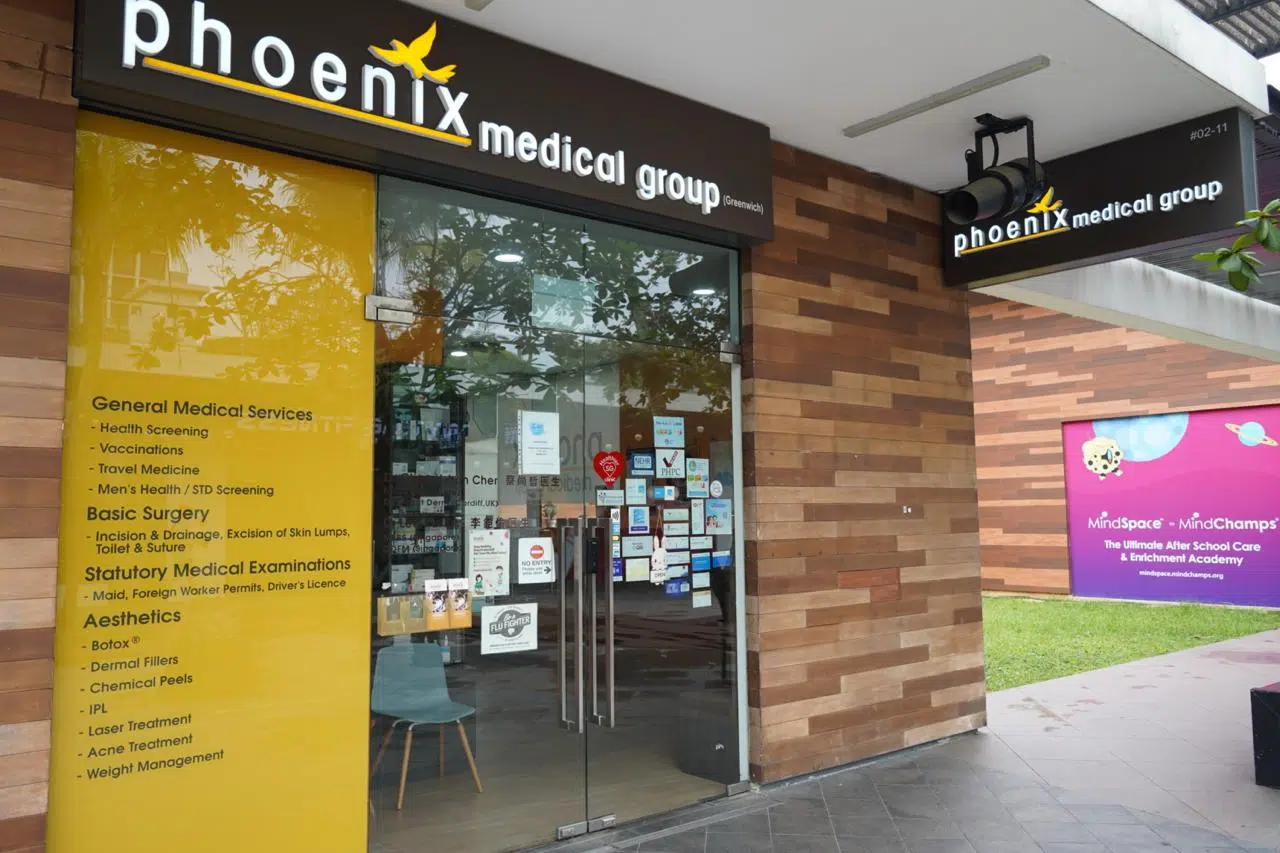
9:00am to 8:30pm
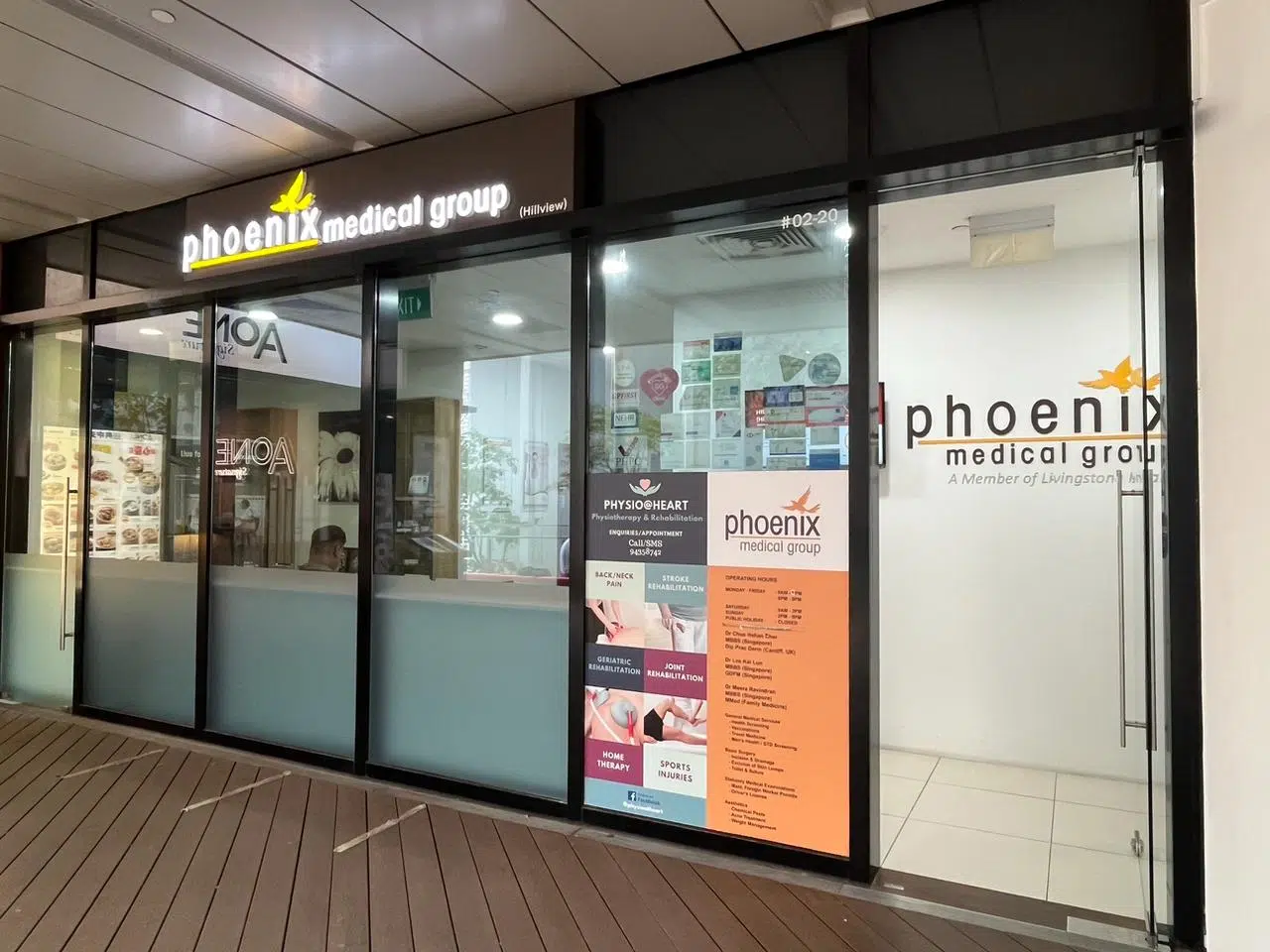
9:00 am - 4:30 pm, 6.00 pm - 8:30 pm
9:00 am - 1:30 pm
2:00 pm - 8:30 pm
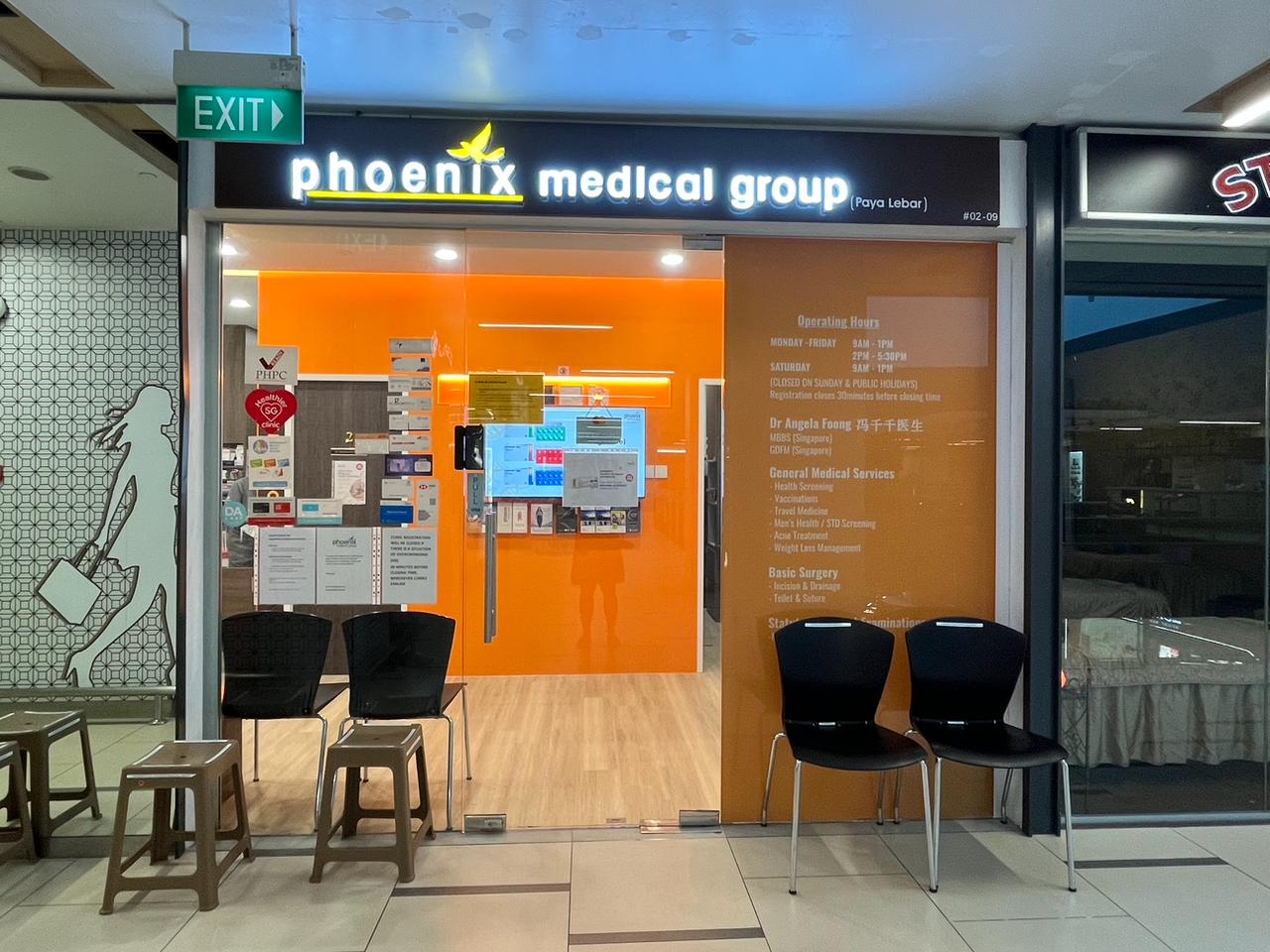
60 Paya Lebar Road, #02-09 Paya Lebar Square, Singapore 409051
9:00 am - 12:30 pm
2:00 pm - 5:00 pm
9:00 am - 12:30 pm
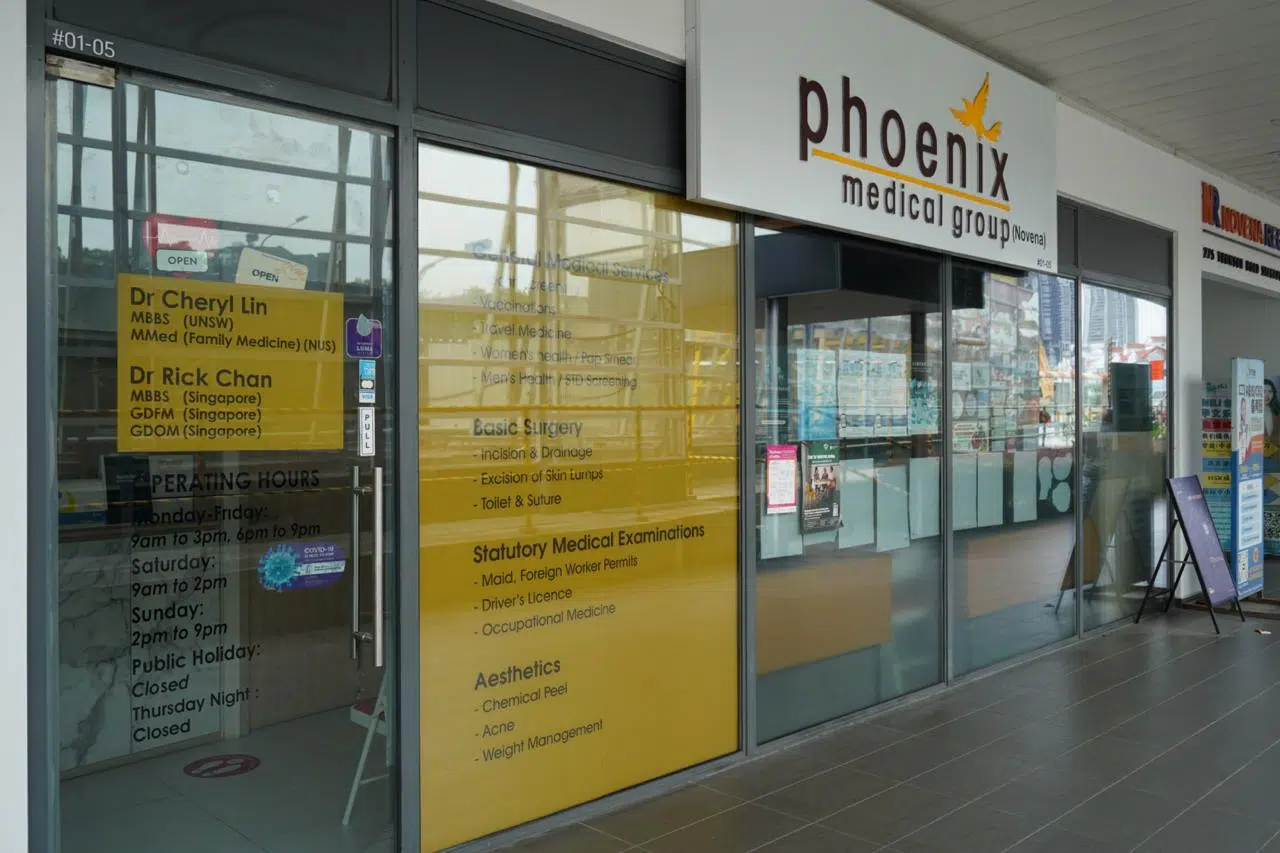
275 Thomson Road,
#01-05 Novena Regency,
Singapore 307645
9:00 am - 2:30 pm
6:00 pm - 8:30 pm (Mon, Tue, Wed & Fri)
9:00 am - 1:30 pm
2:00 pm - 8:30 pm
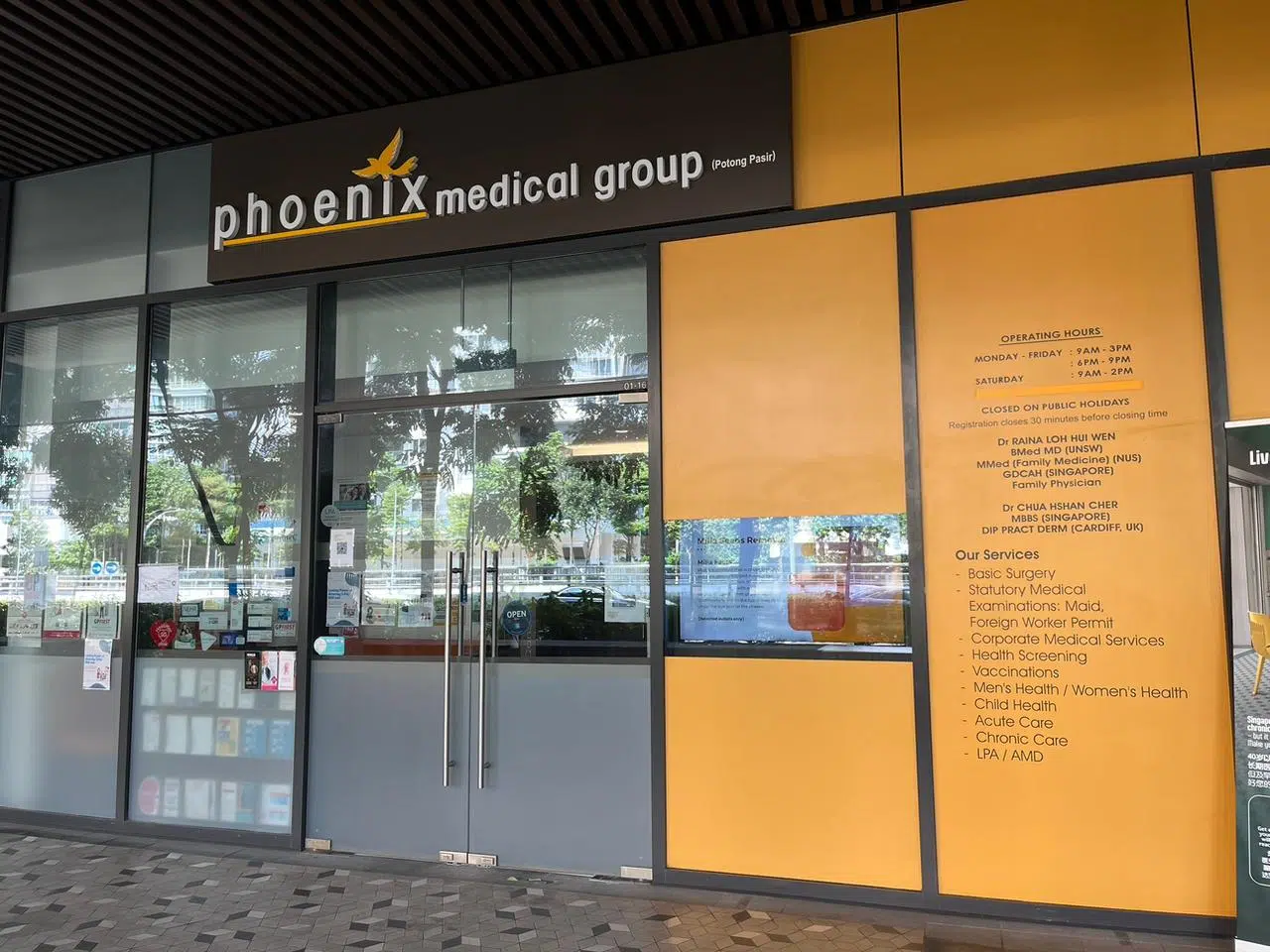
The Venue Shoppes,
2 Tai Thong Crescent, #01-16,
Singapore 347836
9:00 am - 3:00 pm
6:00 pm - 9:00 pm (Mon, Wed & Thu)
9:00 am - 2:00 pm
Closed
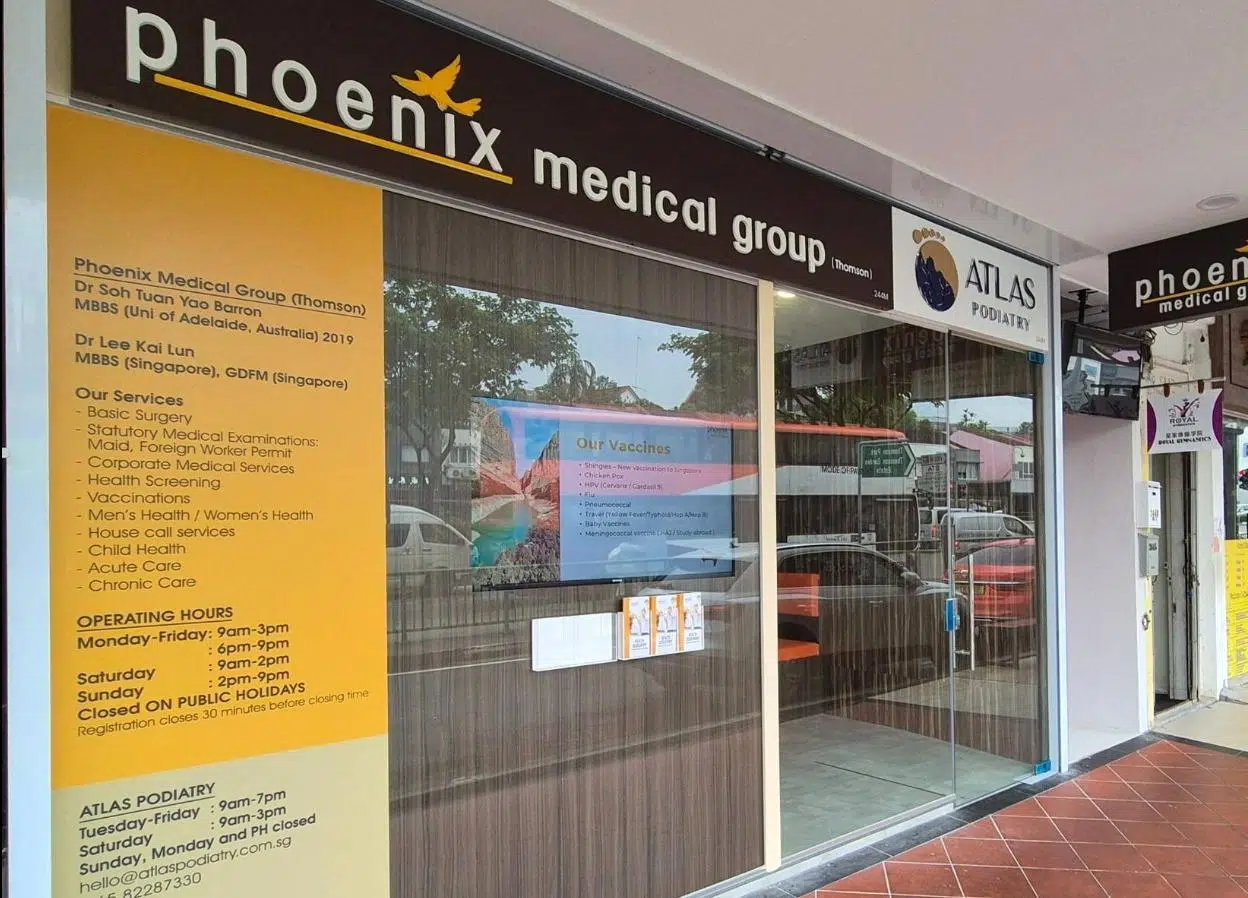
244M Upper Thomson Rd, Thomson Garden Estate, Singapore 574369
9:00 am - 3:00 pm
6:00 pm - 9:00 pm (Mon & Wed)
9:00 am - 2:00 pm
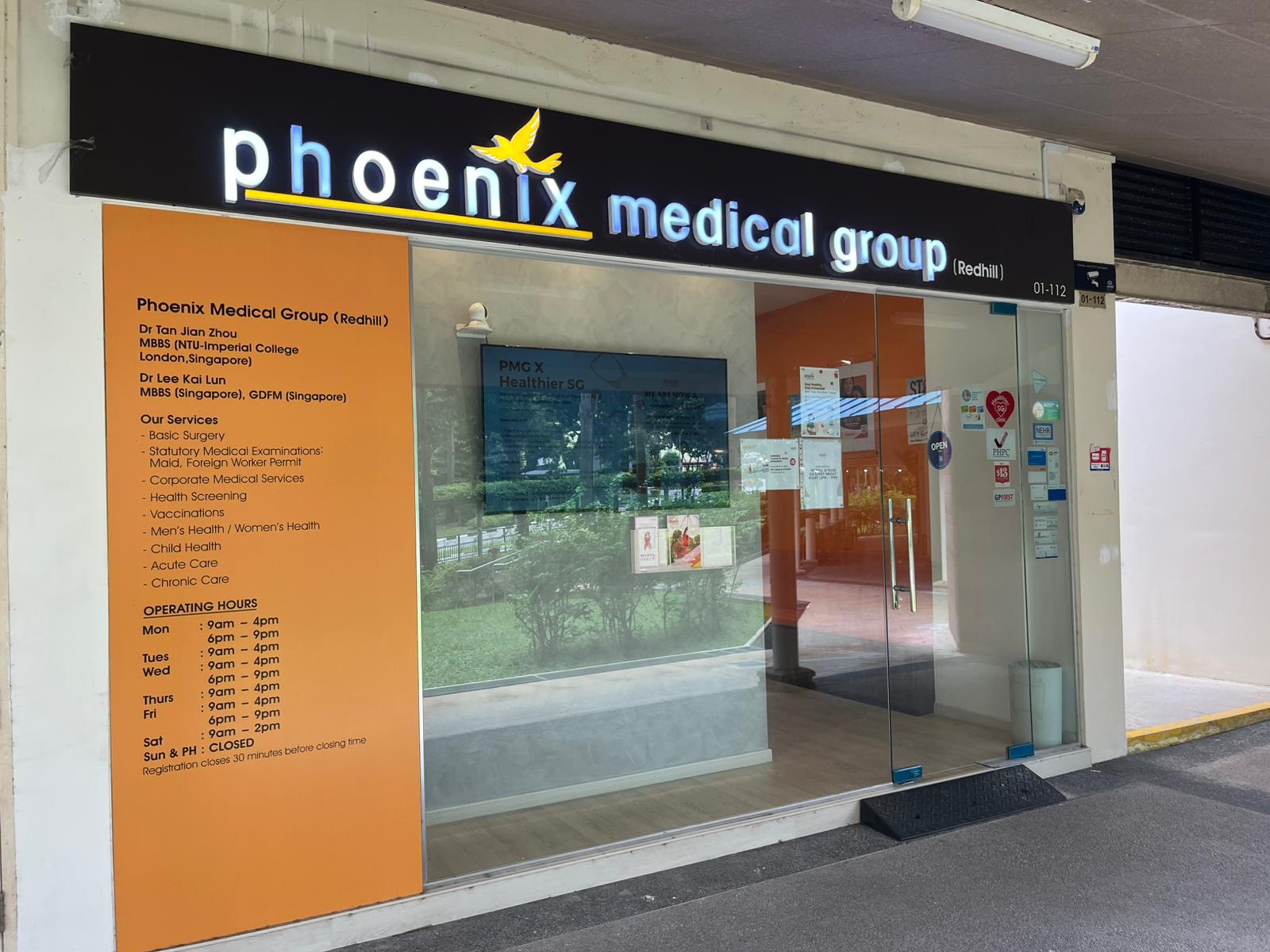
9:00 am - 4:00 pm
6:00 pm - 9:00 pm
9:00 am - 2:00 pm
Closed